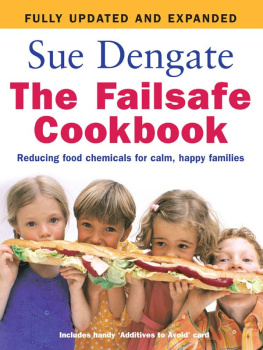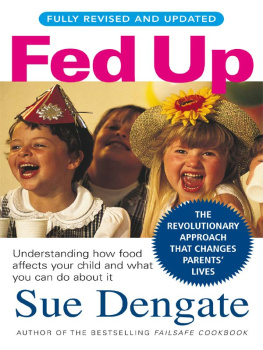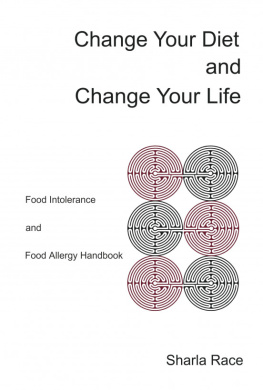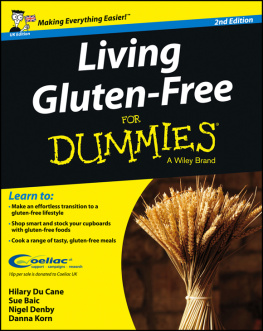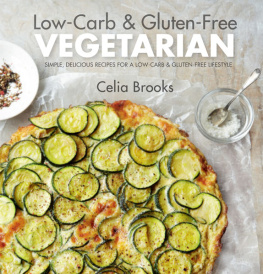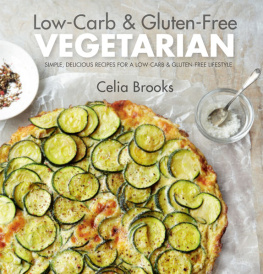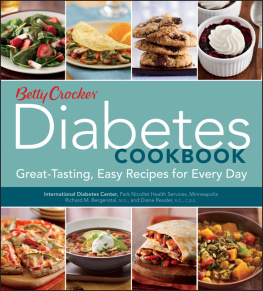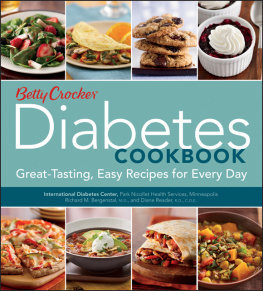Are You Affected by Food Chemicals?
What we eat has changed dramatically over the last 30 years, and so have our children. Behaviour and learning problems, asthma, depression, youth suicide and teenage violent crime are all increasing. Many parents find that raising children is not the joyful experience they were expecting, and I was one of them.
When my first baby was born, my life revolved around trying to get an unsettled baby to sleep. Then she grew into the terrible twos and never grew out. On good days she was charming, adorable and clever, but on her frequent bad days she was demanding, dissatisfied, grouchy, easily annoyed, argumentative, defiant, took hours to get to sleep and woke frequently. We had expected her to do well at school but she struggled with schoolwork.
For 11 years I did the rounds of doctors, baby-health nurses, psychologists, teachers, school counsellors, alternative practitioners, tutors, physiotherapists, dietitians and many more. I was told I was a bad mother; to use better behaviour management; to pour myself a stiff gin; to learn to live with it; that I needed medication; that she needed medication. After years of sleep deprivation, my marriage was at breaking point, and so was my sanity.
Of all the remedies we were offered, most helped a little. We tried various diets, for six years avoiding additives, sugar and dairy foods, but it wasnt until she did a 24-hour water-only fast in hospital at the age of 11 that I finally saw the daughter Id always wanted. Under our eyes she became settled, calm, polite, interesting, intelligent and fun to be with. Thats the child I want! I said. Our paediatrician finally believed that her problems were food-related, and we started a three-week trial of a low salicylate diet.
A magic answer
Like most parents, I was reluctant to limit salicylates which are found in fruit and vegetables but within days the agreeable, compliant child wed met in hospital returned, this time to stay. The magic answer for our daughter turned out to be additive-free, dairy-free, low-salicylate foods.
We were surprised to find that everyone in our family was affected, although in different ways and to a different range of food chemicals. It was like emerging from a nightmare. No one should have to go through that, I thought, and started writing.
This book is intended to support families who are doing the diet that was such a miracle for us. It is based on the Elimination Diet developed by Doctors Swain, Soutter and Loblay at the Royal Prince Alfred Hospital Allergy Unit in Sydney, Australia. The recipes and hints can also be used by families who want to know how to reduce their intake of food additives and other chemicals.
General information about food intolerances, along with comprehensive charts showing the content of natural salicylates, amines and glutamate in the most common foods, is available in Friendly Food by Anne Swain, Velencia Soutter and Robert Loblay (Murdoch Books, Australia, 2004). Friendly Food and additional information about the RPAH Elimination Diet and challenge protocols can be obtained online via the Royal Prince Alfred Hospital (RPAH) Allergy Unit website: ( www.cs.nsw.gov.au/rpa/allergy ).
Thirteen years on, every day I hear from grateful parents whose lives have been transformed like ours. Salicylates are our nemesis, wrote a Sydney mother of two. I get cranky, stressed and short-tempered, my daughter gets teary at the drop of a hat.
It is frustrating that the people in charge of our childrens health are so reluctant to accept the implications of our changing food supply. It takes 30 years to notice the results of a national diet change, and effects are easier to understand if you can see them as with the obesity epidemic rather than when they manifest in the complicated issue of childrens behaviour and learning.
One mother who was just starting the elimination diet with her son and already seeing improvements was devastated when her school counsellor dismissed the diet, saying theres no scientific evidence to prove this theory. Experts who say that are ignoring the evidence. Negative diet-behaviour studies in the 1970s were mostly food-industry-funded, and we now know that the outcome of scientific research is likely to be favourable to the source of funding.
Independent scientists who conducted an extensive review concluded that the evidence strongly suggests that some childrens behaviour is affected by some foods (). They recommended that food regulators should consider banning artificial colours parents should try diet before medication for childrens behaviour problems, and schools should minimise the use of additives that may contribute to behaviour problems.
Schools following this advice see that it works. When TV chef Jamie Oliver introduced fresh, natural, additive-free school meals for 16,000 schoolchildren in the UK, after four weeks the teachers at Wingfield Primary School in London reported improvements in behaviour, reading, writing and concentration. They noticed that the children were calmer, and none of those who normally used asthma medication at school had needed their medication since the program began.
Similar findings were reported from Appleton Central School in Wisconsin, USA, where behaviour problems had been so extensive that the school required its own policeman. The numbers of school dropouts, expulsions, drug use, suicides and weapons violations dropped to zero after a similar eating program was implemented.
In Australia, most school principals are unwilling to initiate changes on this scale. In 2005, I took part in a simple two-week trial at Palmers Island Primary School where 120 students were shown how to read labels, asked to avoid 50 additives and provided with additive-free breakfasts. Staff, parents and students all saw changes students were quieter, calmer, stopped yelling out in class, had better self-control, concentrated better, and classes were more harmonious. When the children again ate artificially coloured treats at the end of the study, they exhibited noisy, argumentative, in your face behaviour, as shown on our DVD ( Fed Up With Childrens Behaviour , available from www.fedup.com.au ).

